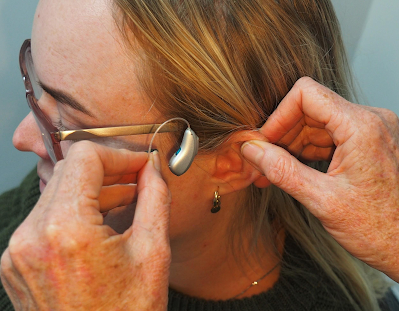It is a common misconception that hearing aids only need to be adjusted once and then left alone. In reality, hearing aids should be adjusted regularly to ensure the best possible hearing experience for the user. This is especially important in cases where there has been a change in the person's hearing.
1. What is a hearing aid battery, and how does it work?
A hearing aid battery is a small, cylindrical battery used to power hearing aids. The battery is located in the hearing aid itself, and it is responsible for powering the various electronic components of the hearing aid.
Hearing aid batteries come in two main types: zinc-air and mercury-oxide. Zinc-air batteries are the most common type, and they operate by releasing zinc oxide when they come into contact with air. Mercury-oxide batteries are less common, but they last longer than zinc-air batteries.
2. How hearing aids should be adjusted after a stapedectomy
A hearing aid should be adjusted after a stapedectomy to ensure the best possible hearing experience for the user.
At Attune, we are not directly affiliated with any hearing aid manufacturers. This allows us to offer you a wide range of styles and brands to find the right solution for you and your lifestyle.
We recommend the right solution for you based on your hearing loss and lifestyle; you choose what you want. This way, you can ensure that you are getting the best possible product for your needs.
It's important to know that certain styles are better for hearing needs and lifestyles. There are many hearing devices on the market, and they come in different brands, sizes and prices. Hearing devices are chosen based on your hearing loss, your hearing needs and your lifestyle. So, if you are looking for a hearing device, Attune is the perfect place to start. We will help you find the perfect fit for your needs.






